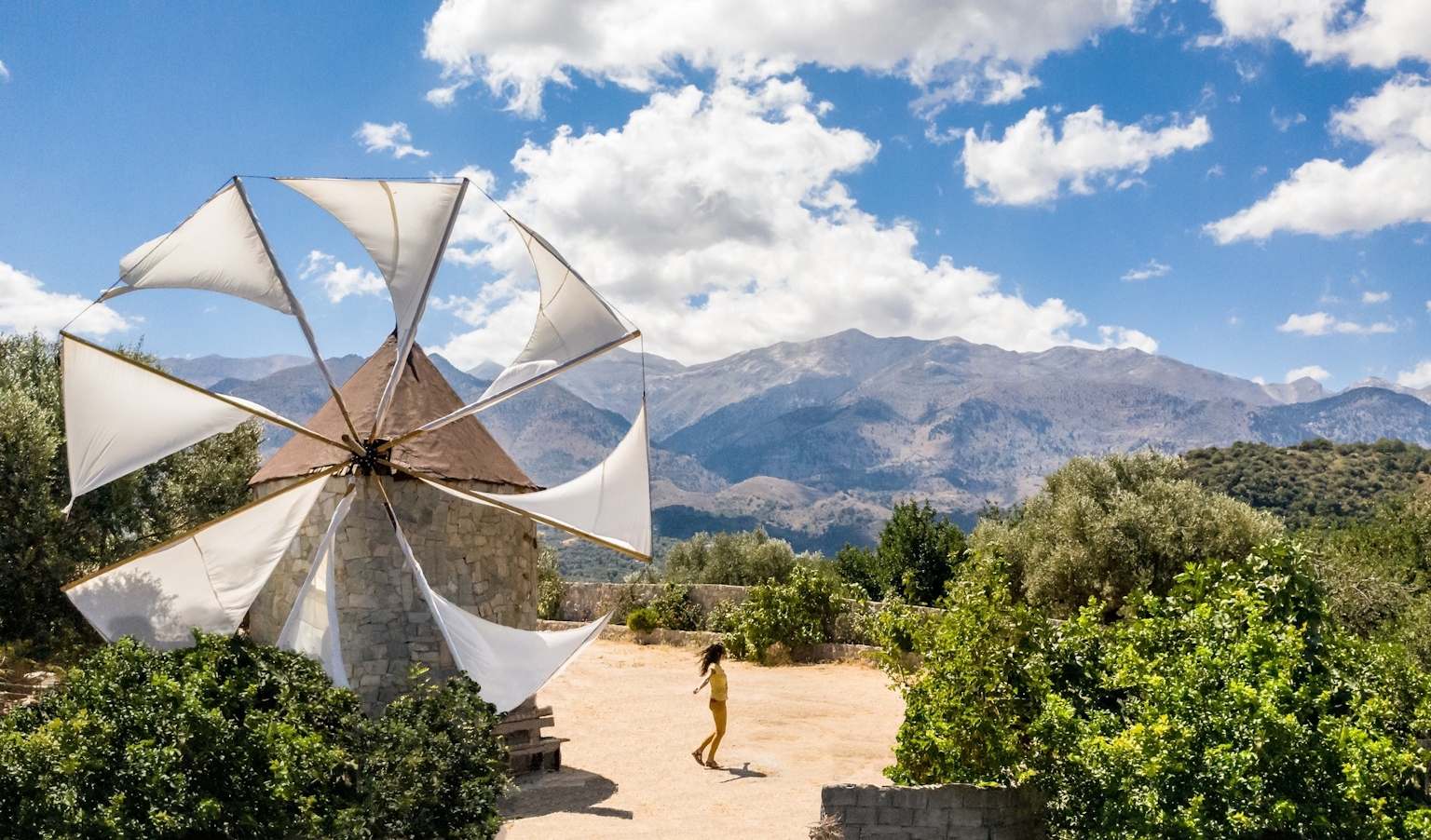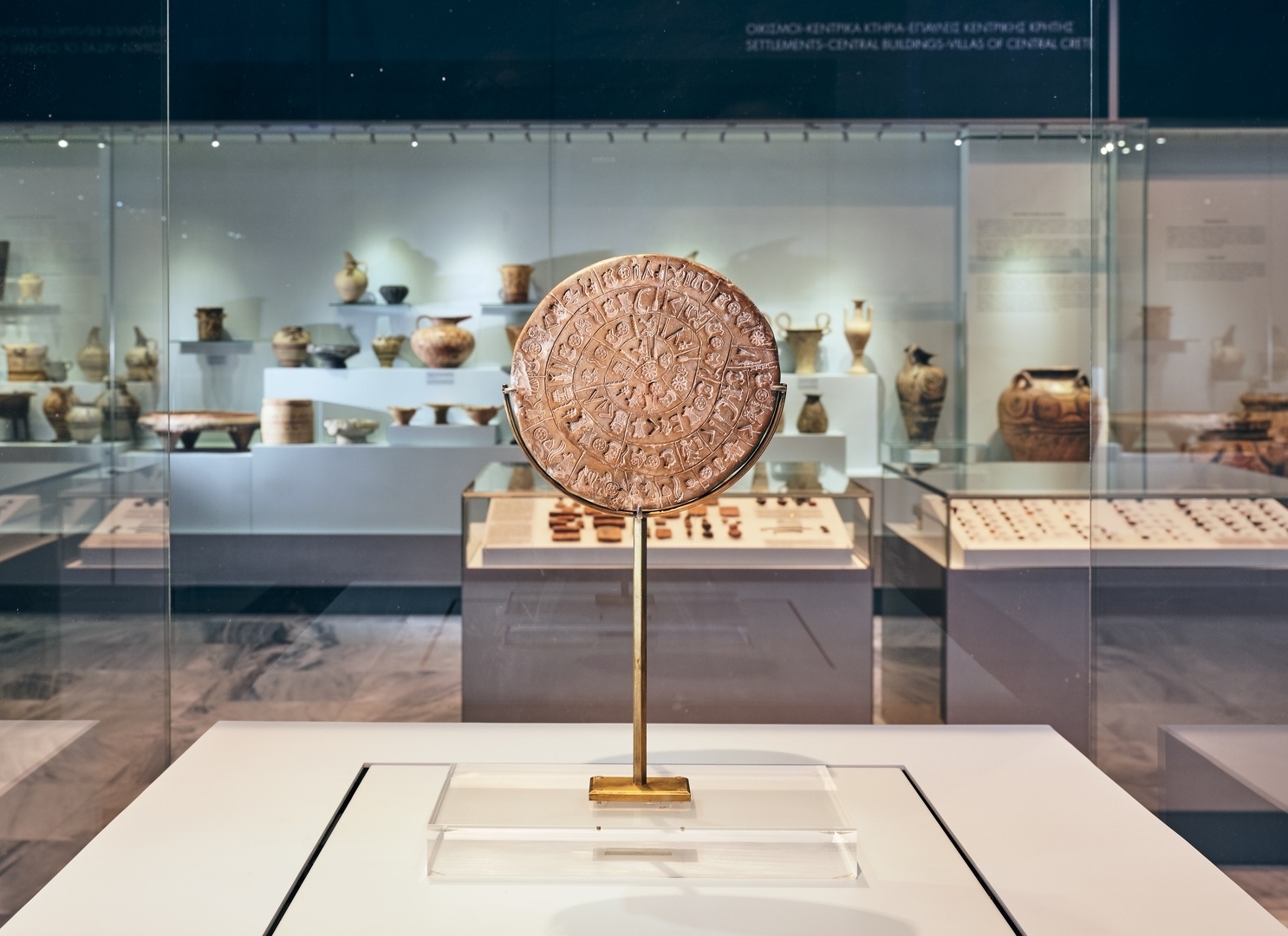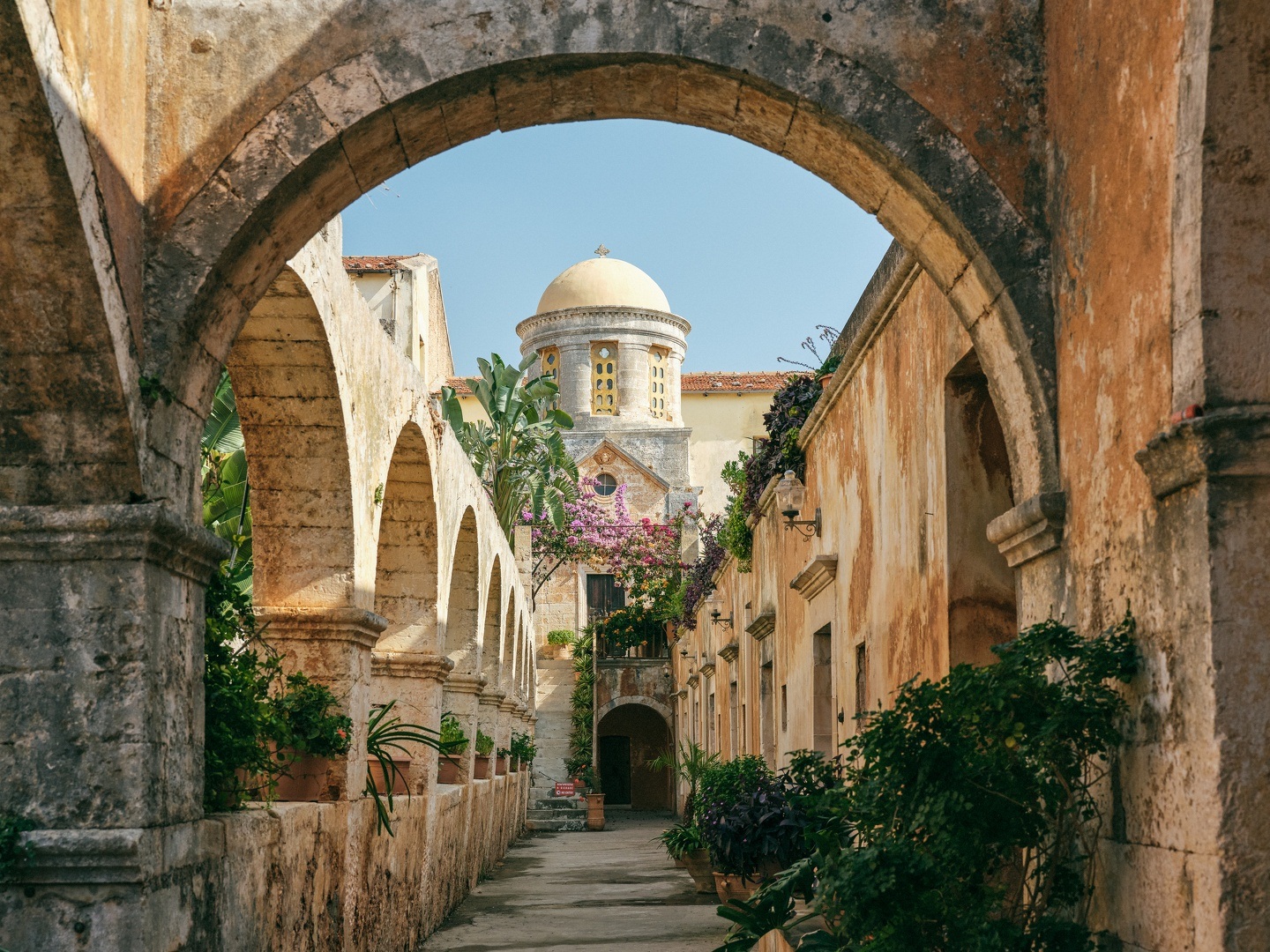Snails Stifado


Cretans eagerly await the springtime "hochlidovradies", the sweet, moist nights that follow the first rains, to go out and collect snails. When they return home with baskets full, they prepare the "hochlidokalatho", a large woven basket, lining it with either vine twigs or astoivida, a native thorny shrub.
They sort the snails: the ones with soft shells, known as "tsifoutes", are thrown into the "sochoro", a nearby field or garden, while the rest go into the basket. To "sakasoun" (clean them out), they throw in a "diplachachalia"—a double handful—of flour or bran. They then cover the basket tightly with a cloth so the snails don’t escape. The snails are left like this for several days, and then the "kollitares", the ones that have stuck together, are transferred into a clean basket for storage.
Snails are used in many different and delicious ways: boubouristoi with rosemary and vinegar, boiled, with wheat, in stifado, with stewed greens, with fennel, potatoes, fresh fava beans, or artichokes.
But snails stifado remains the ultimate dish. It’s the best meze to pair with wine, and no authentic Cretan table is ever complete without it.
Ingredients:
-
1 kg snails
-
1 kg onions, sliced crosswise
-
1 grated onion
-
2 grated ripe tomatoes
-
1 cup olive oil
-
½ cup wine
-
2 bay leaves
-
Salt, pepper
Method:
Using a knife, clean the snails’ shells and remove the membrane that has formed over the opening. Check for any dead snails and discard them.
Boil the snails in a pot of cold salted water for about 15 minutes. Near the end, add a splash of vinegar. Rinse the snails thoroughly, making sure all residue is gone. Now they’re ready for cooking.
In a pot, heat the olive oil, add the grated onion and the snails, and sauté for about 5 minutes. Remove the snails from the pot and add the sliced onions. When the mixture starts to boil, add the tomatoes, bay leaves, wine, salt, and pepper. Add a bit of hot water if needed.
Let the dish simmer until the onions begin to soften. Then return the snails to the pot and cover it. Do not stir with a spoon—just gently shake the pot in a circular motion, making sure the food doesn’t "tsiknosei" (stick to the bottom and burn).
Let it simmer gently for another 30 minutes, until the sauce thickens. When it’s ready, remove the pot from the heat and let it "apomanei"—rest and settle—before serving.
Glossary of Cretan Terms:
-
hochlidovradies: spring nights after rain, ideal for collecting snails
-
astoivida: a type of thorny shrub used to line snail baskets
-
diplachachalia: a double handful (using both hands)
-
kollitares: snails that have attached to each other in storage
-
sakasoun (sakasmos): feeding snails flour or bran to clean them out
-
sochoro: a field or garden close to a house or village
-
tsifoutes: snails with soft or broken shells
-
hochlidokalatho: large woven basket used for collecting and keeping snails
-
tsiknosei: when food sticks to the pot and burns
-
apomanei: to let the food settle and rest before serving
Lena Igoumenaki
President of the Cretan Cuisine Festival Association
Cretan Cuisine Festival

Mizithropites: Authentic Cretan Pies
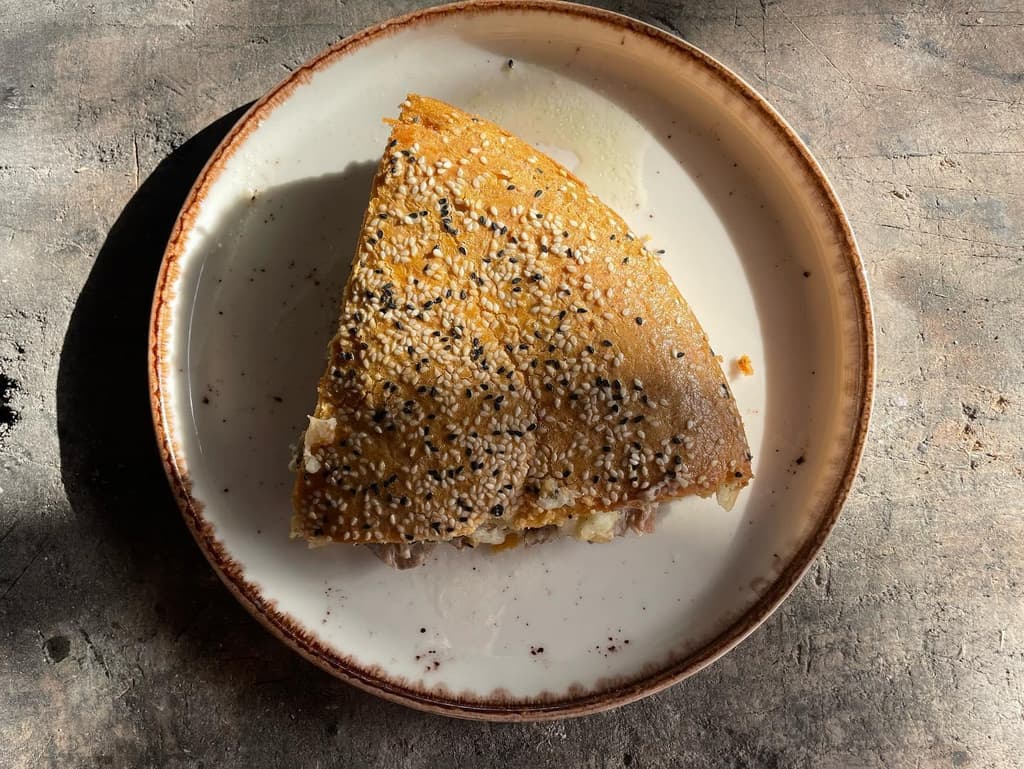
Meat cake
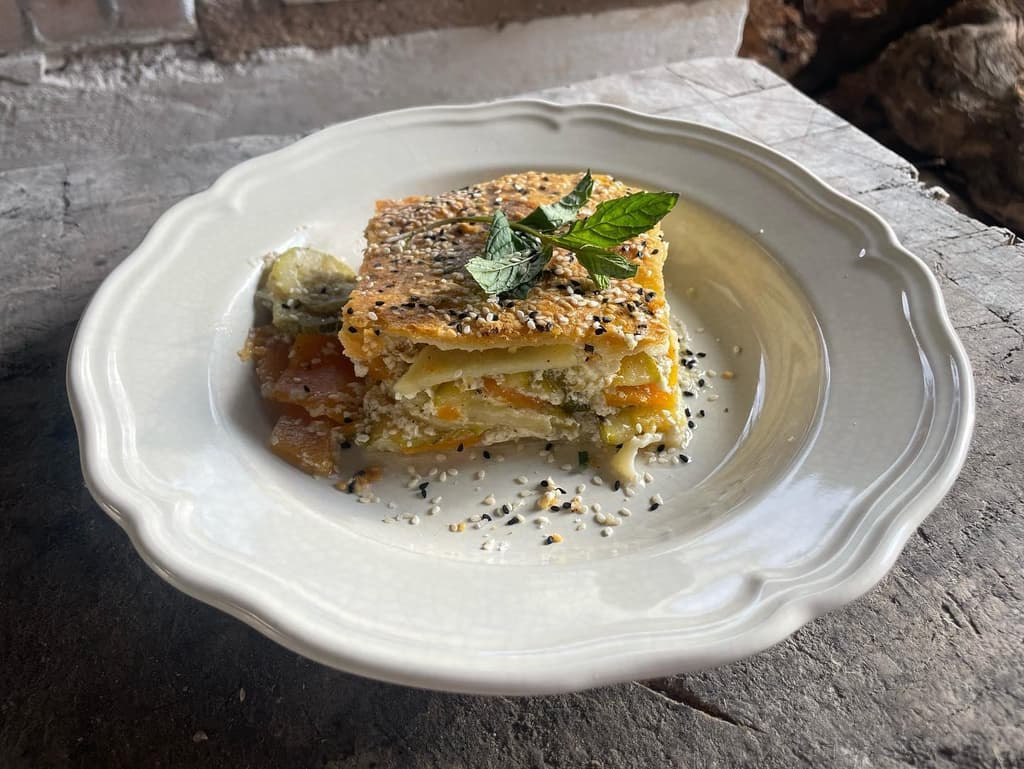
Chania Boureki or Courgette Boureki
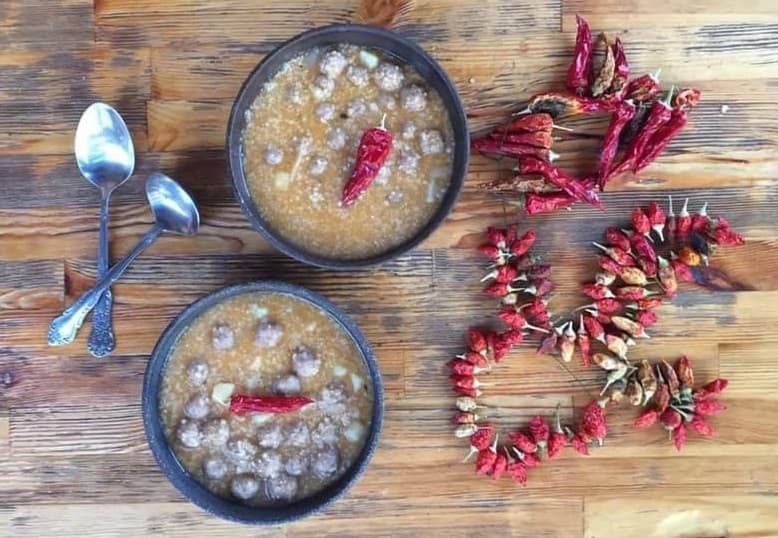
Topia (Balls)

The Traditional 'Bread of the Year'

Snails with Broad Beans and Artichokes

Cretan Ospriada or Palikaria (A Legume Dish)
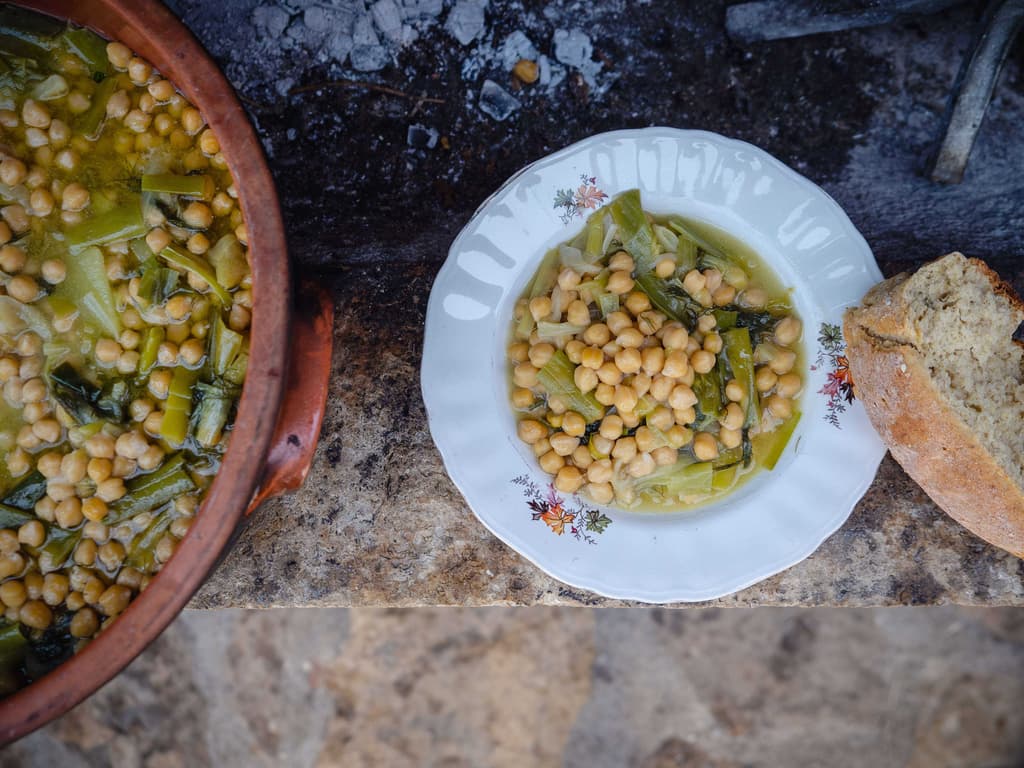
Chickpeas with Wild Leeks, Flour and Lemon Sauce

Pies with ‘Yachnera’ Greens

Fennel Pie

Sfakian Pie or Sfakianopita

Biscuits with Sesame Seeds

Sweet Rice Pie or 'Tzoulamas'

Apostoli White-Eyed Bean

Almond-Infused Goat Dish with Fennel: A Fresh Delight

Lazarosavato
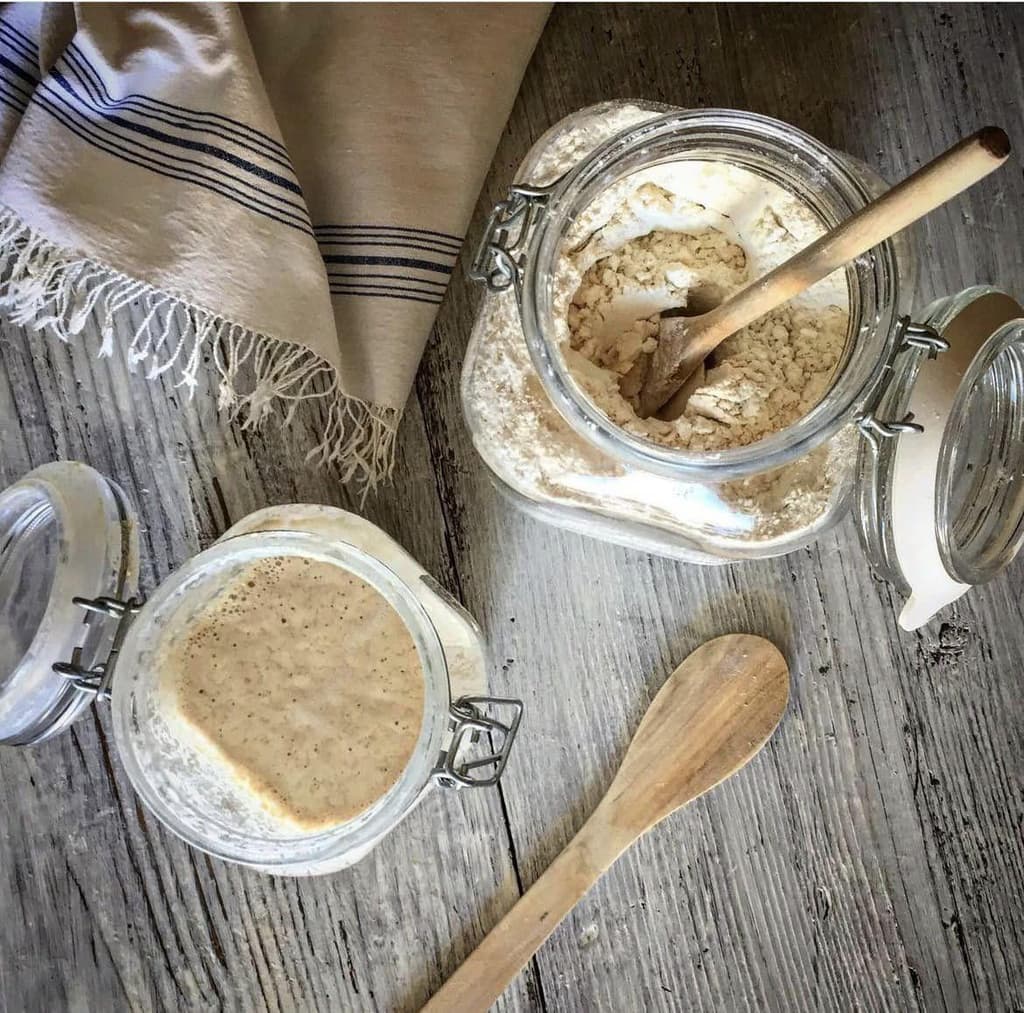
The Holy Week Sourdough

Nerati Mizithropita

Easter Eggs

Kalikota

Stuffed Courgette Flowers

Stuffed Vine Leaves

Cracked Wheat and Snails

Chochli Boubouristi (Snails Face Down)

Mangiri
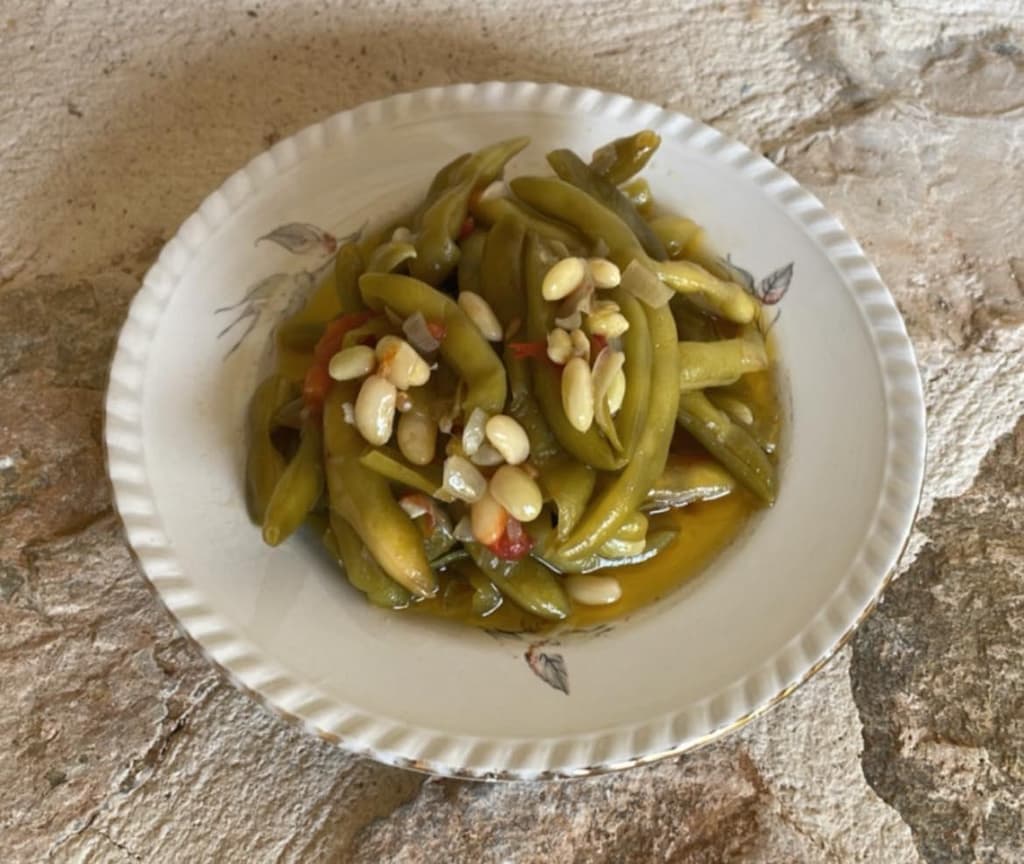
Symian Bean

Cretan Pilaf
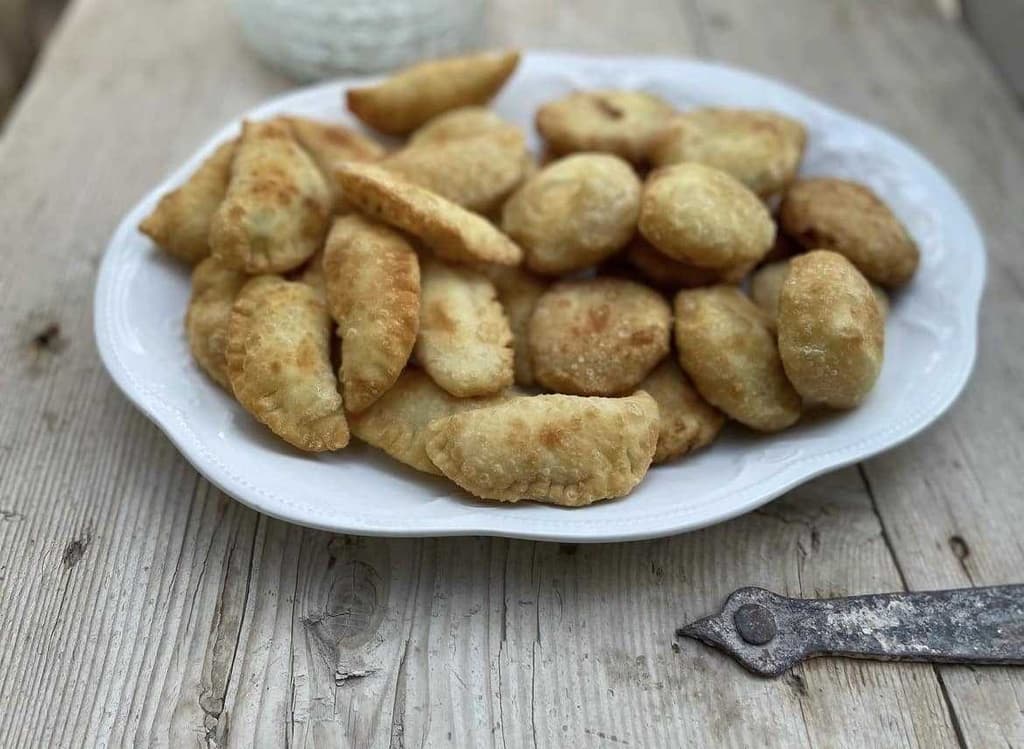
Rethymno Water Pies
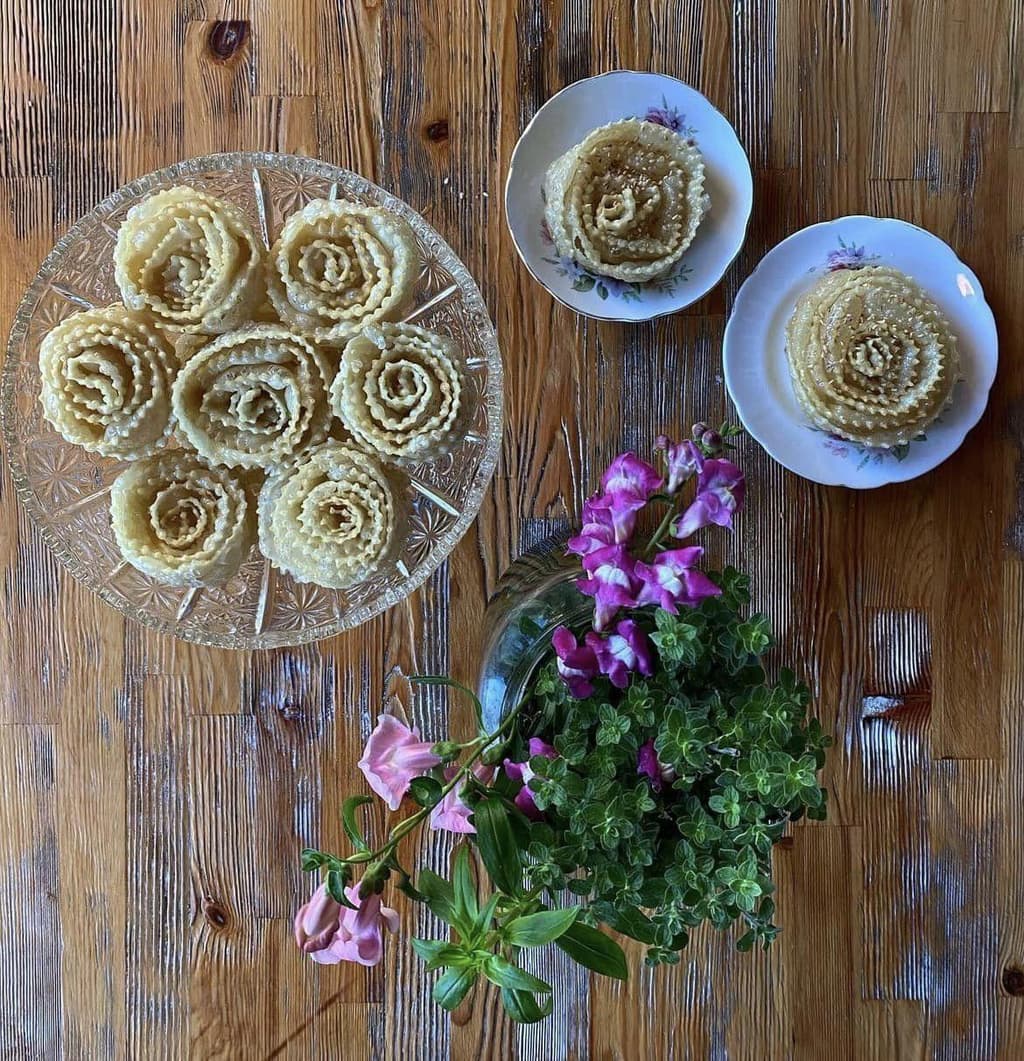
Xerotigana
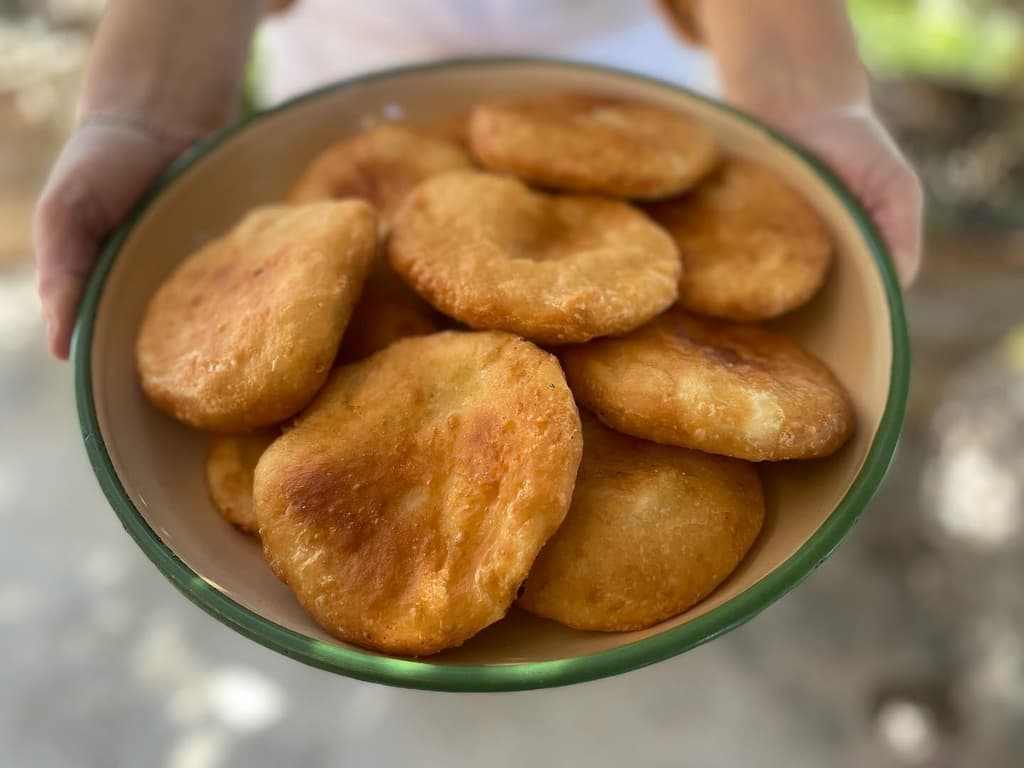
Agnopites
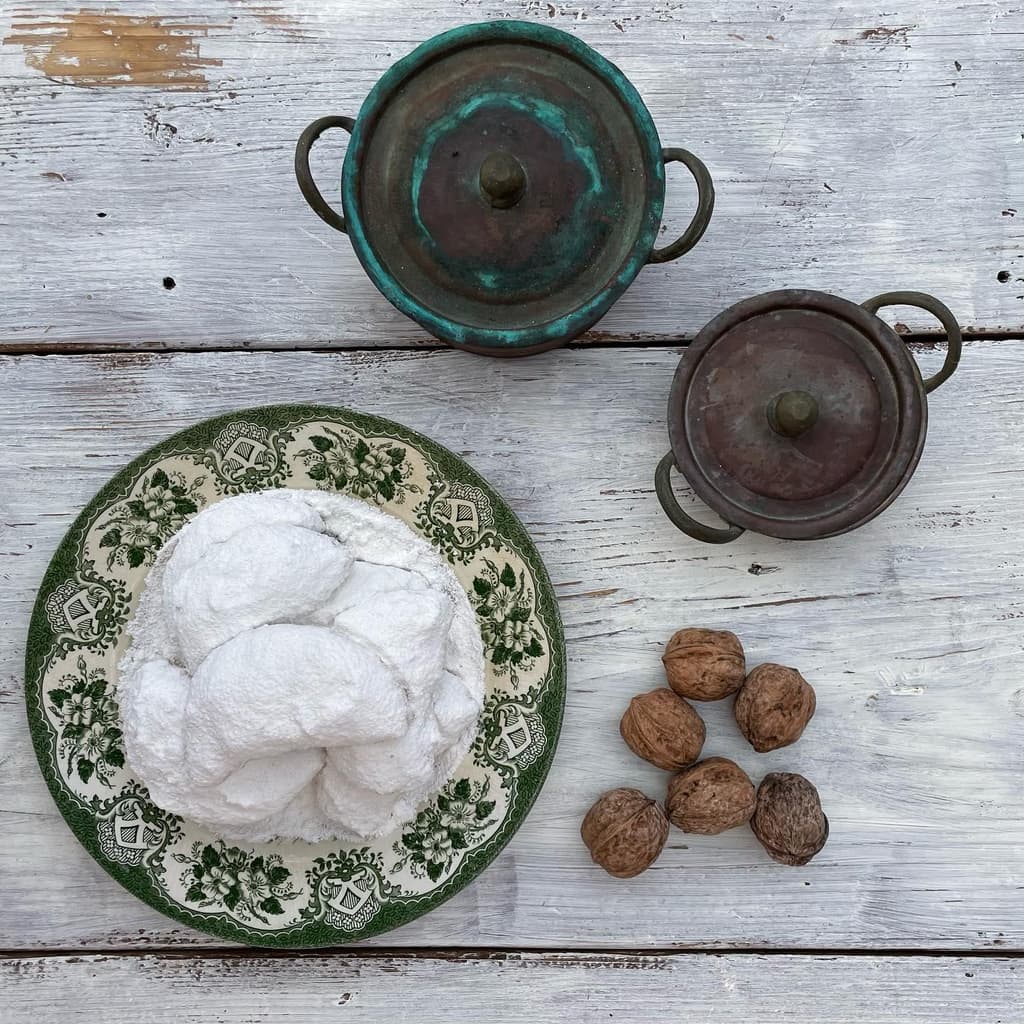
Patoudo
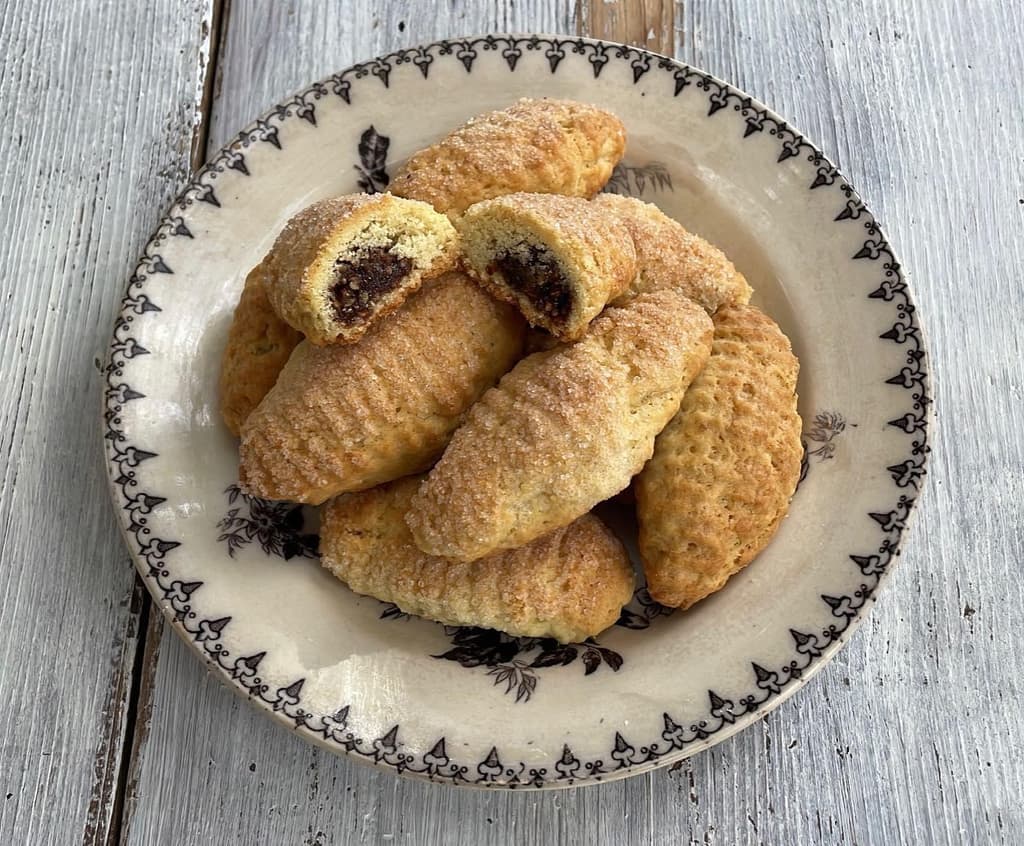
Safidota
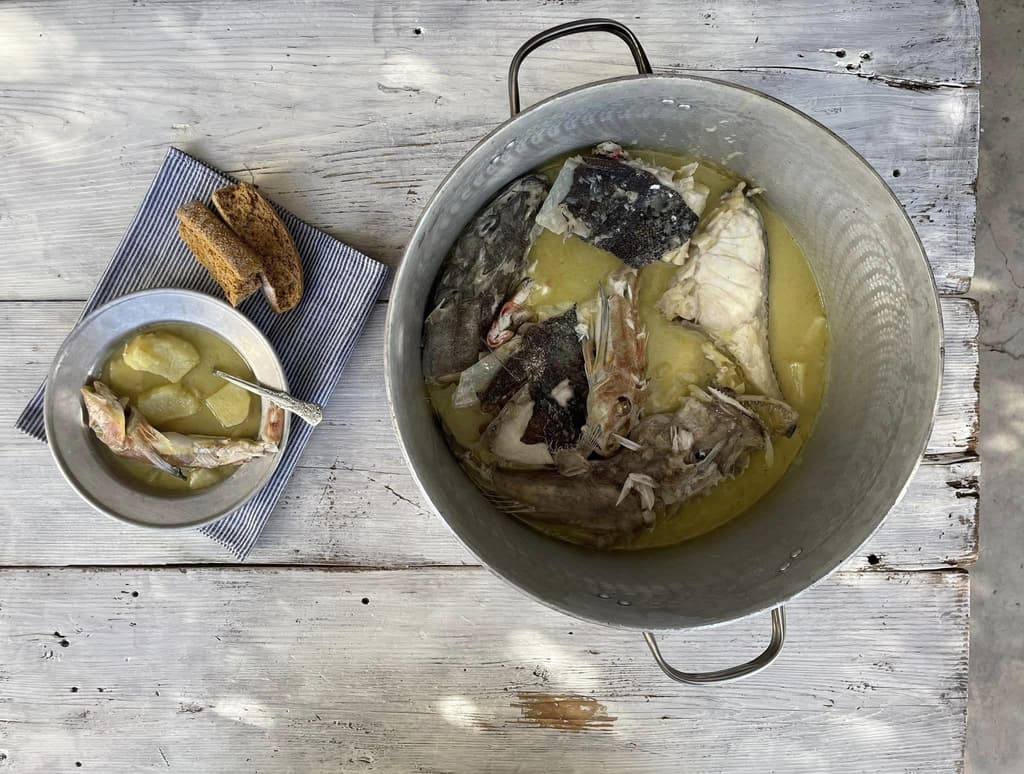
Kakavia (Fish Soup)

Cretan Greek salad

The Sweet Bounty of the Cretan Harvest

Okra and Unripe Grape

Kapriko
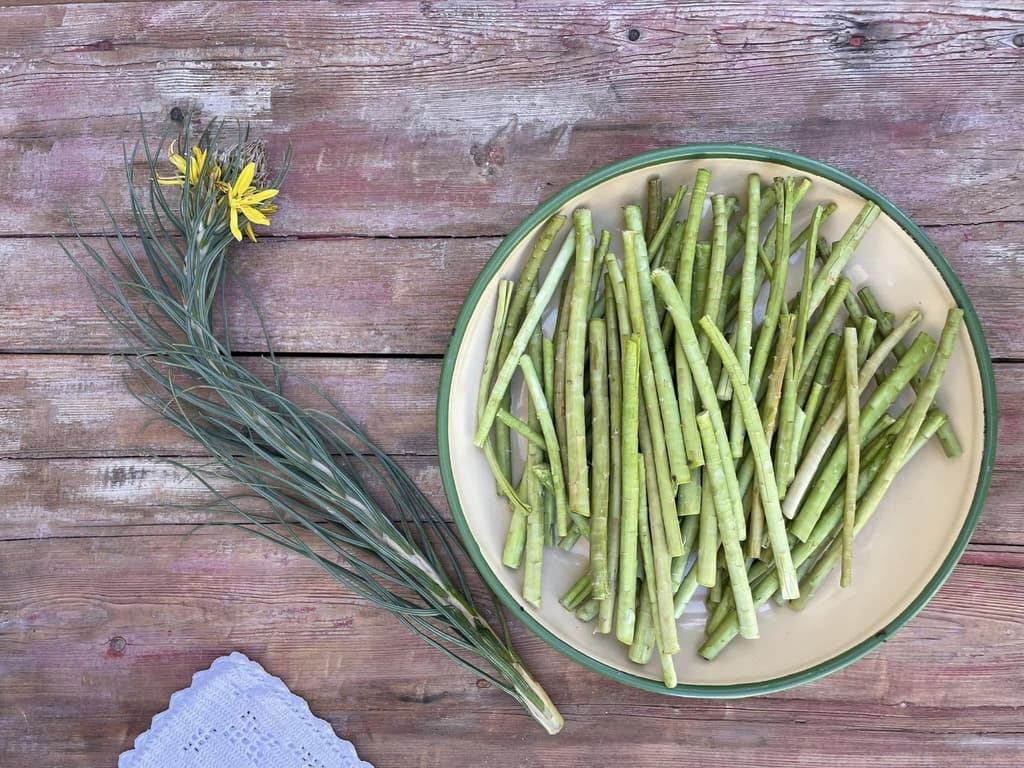
Discovering and Cooking Asphodelaceae: A Taste of Local Cuisine
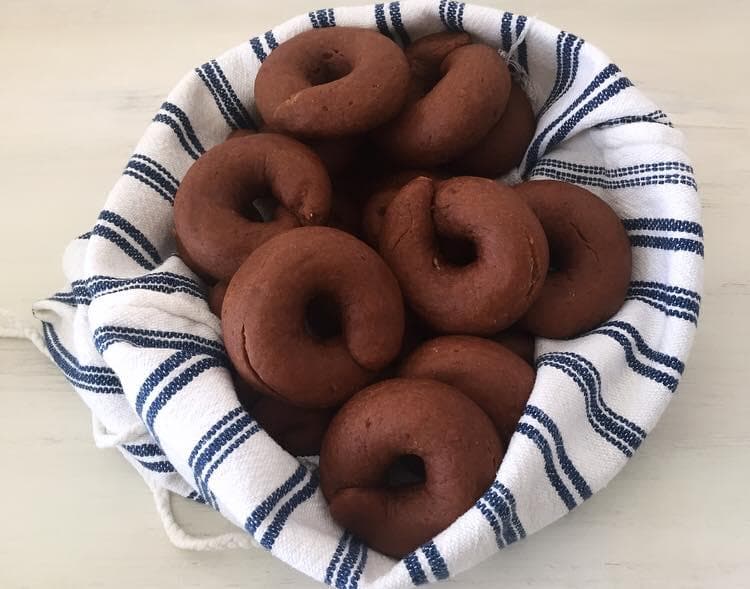
Moustokouloura

Pie with 'Yachnera' Greens: Baked to Perfection
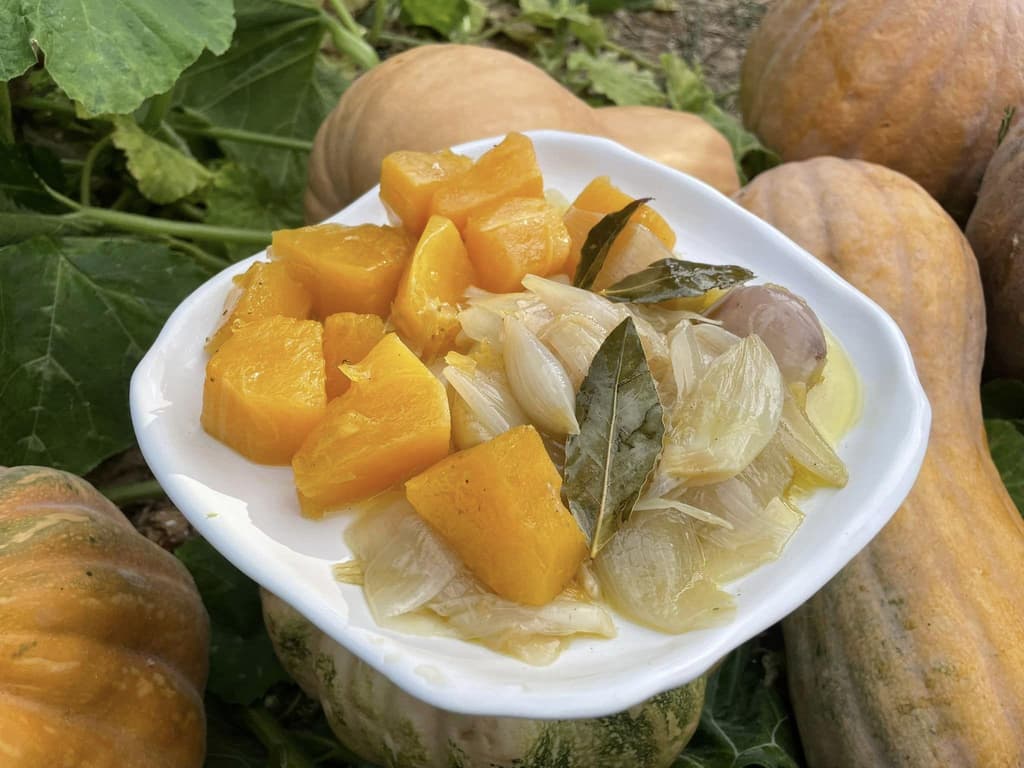
Pumpkin Stifado
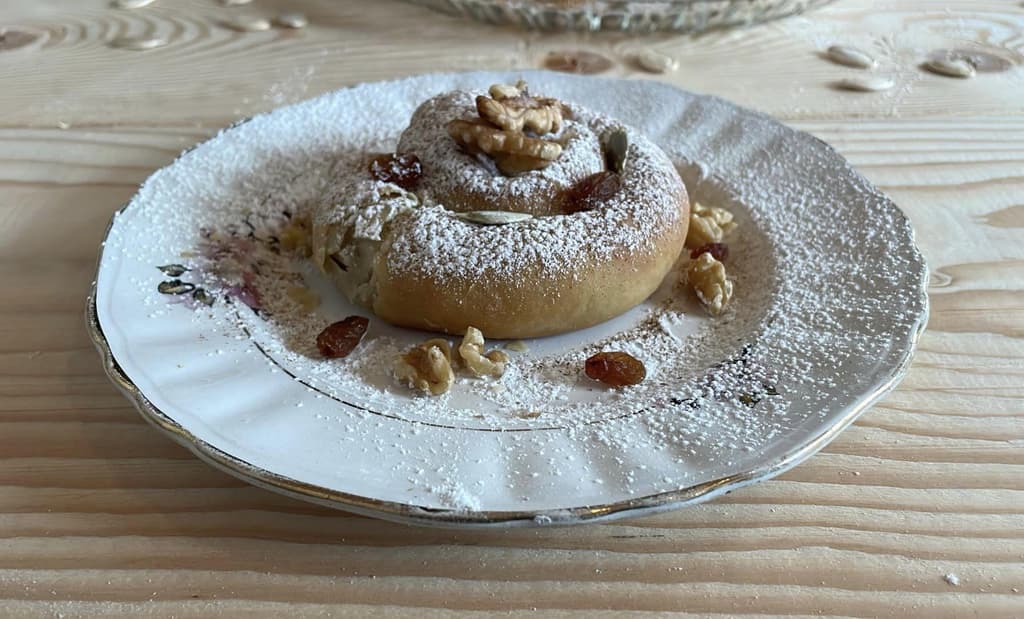
Sweet Pumpkin Pies with Raki Leaves (Oven)

Xinochondros: Sour Bulgur Pasta
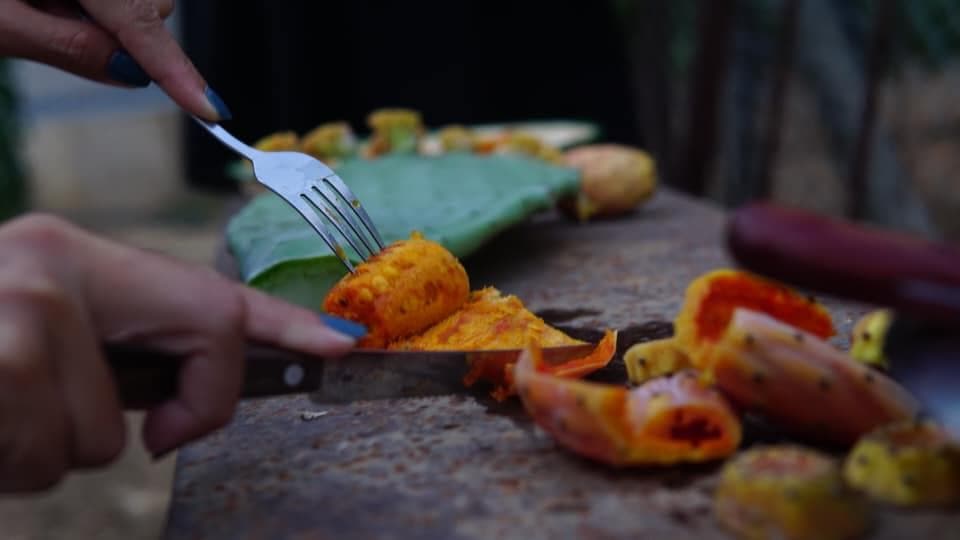
Prickly Pear or Indian Fig
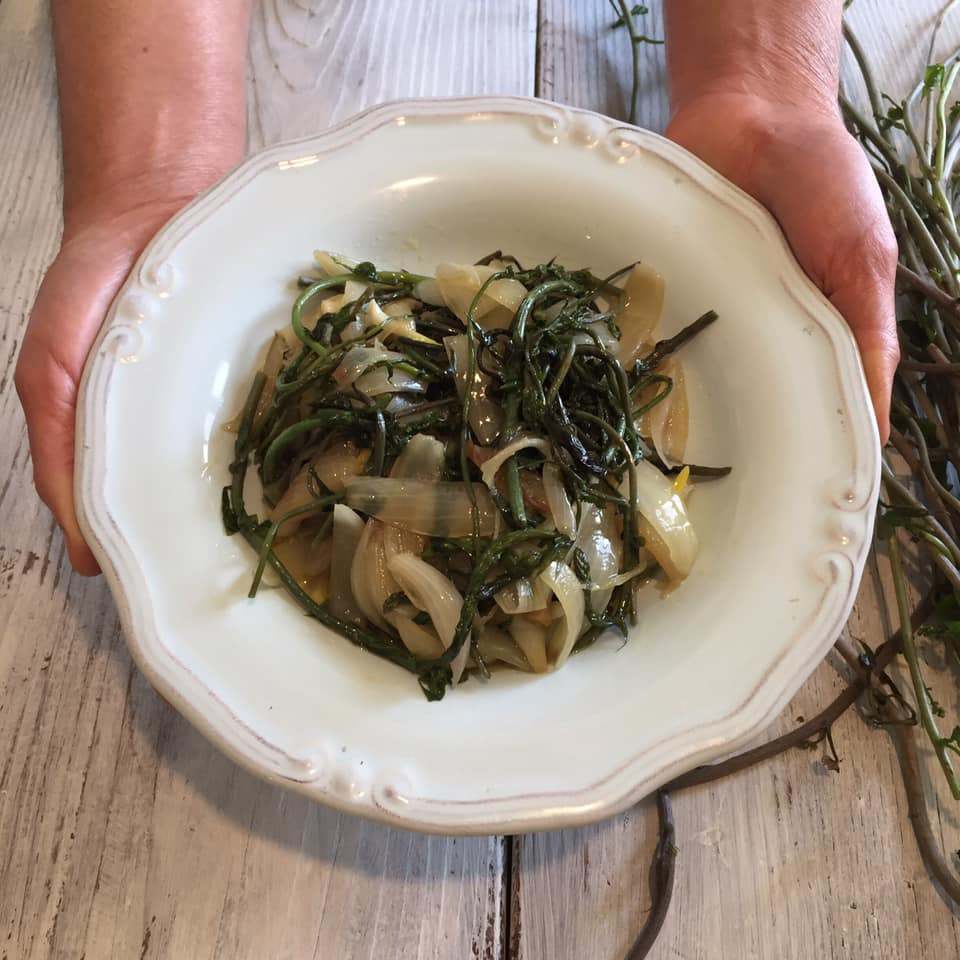
Black Bryony

Tahini Soup without Oil

Chylofta with Milk

Tyrozouli or Cretan Home Cheese

Pickled Tassel Hyacinth

Sourdough Dagoulakia
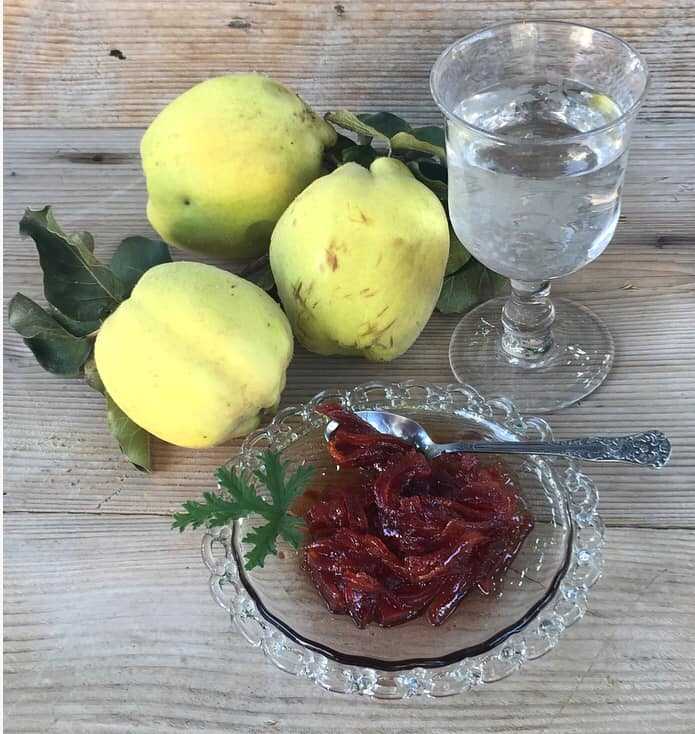
Quince Confection

Delicious Homemade Treat with Lemon Blossoms

Tiganopites: Greek Fried Pies

Dietary Practices in 17th Century Crete

Lychnarakia

Lazarakia

Kalitsounia from Chania
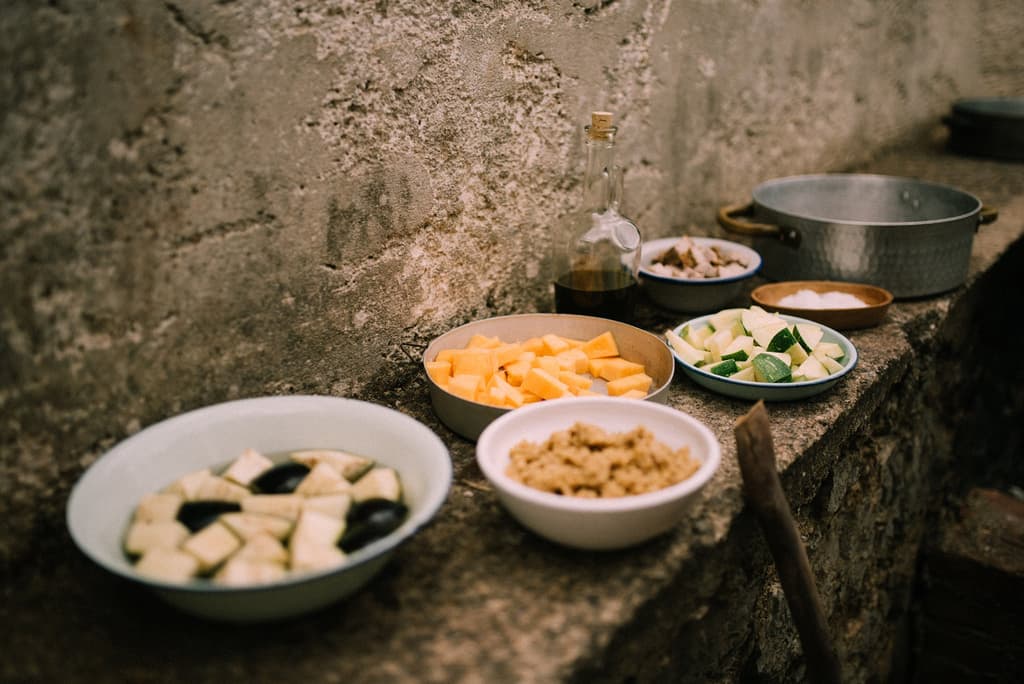
Apaki with Xinohondros and Vegetables

Chickpeas with Yachnera: A Delightful Dish
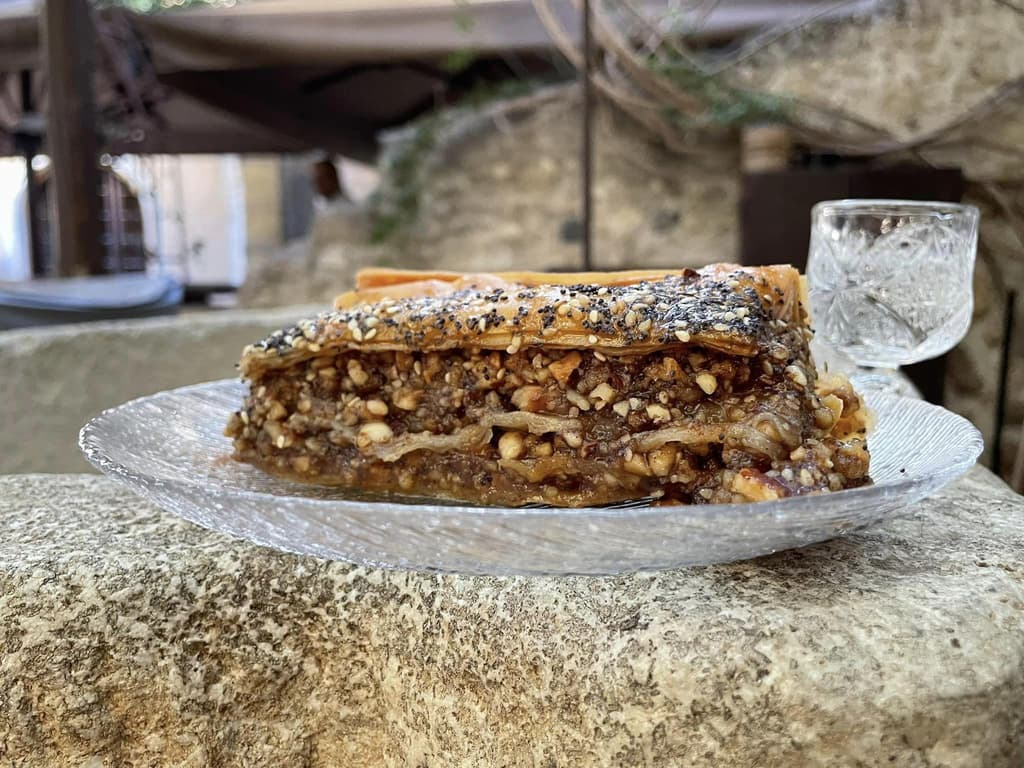
Gastrin

Fotokollyva
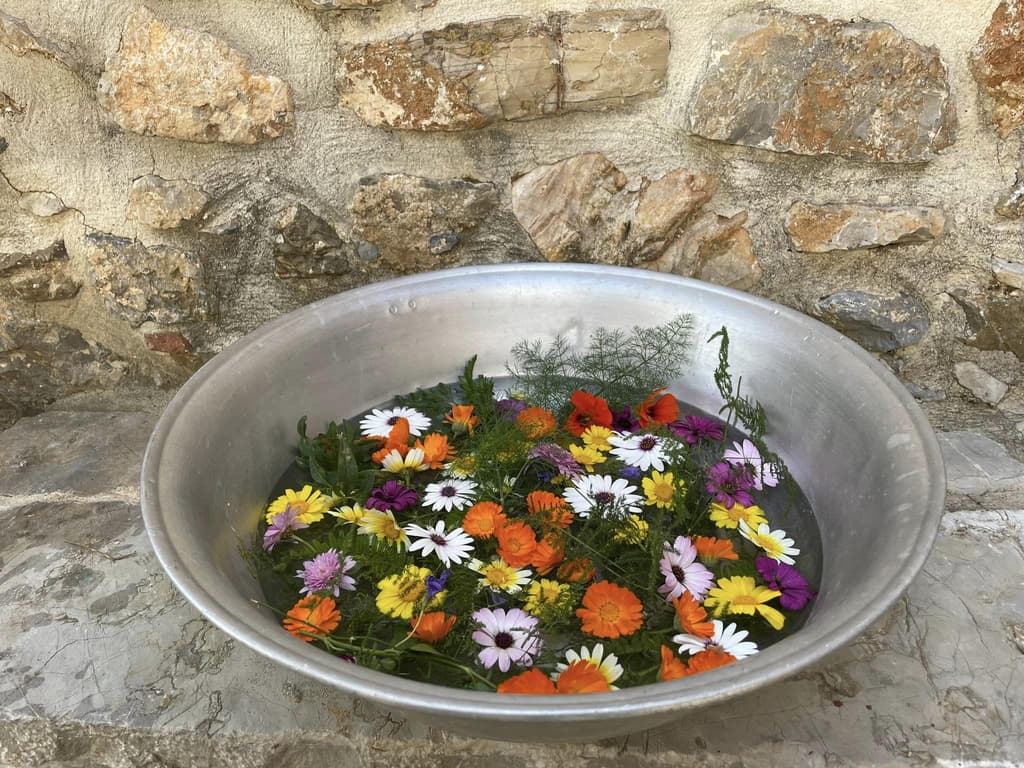
Dyeing Easter Eggs with Madder Root and Flower Blossoms

Biza or Manarolia Stew with Eggplants

Antikristo or "Ofto" Meat

Eftazymo Bread

Skioufichta Macarounia

Anevata Kalitsounia

Galatera

Sykomarides

Poppy Pies (Paparounopites)

Beetroot Salad

Bitter Orange Spoon Sweet (Nerantzi)

Loukoumia or Koubania

Fasouloryzo
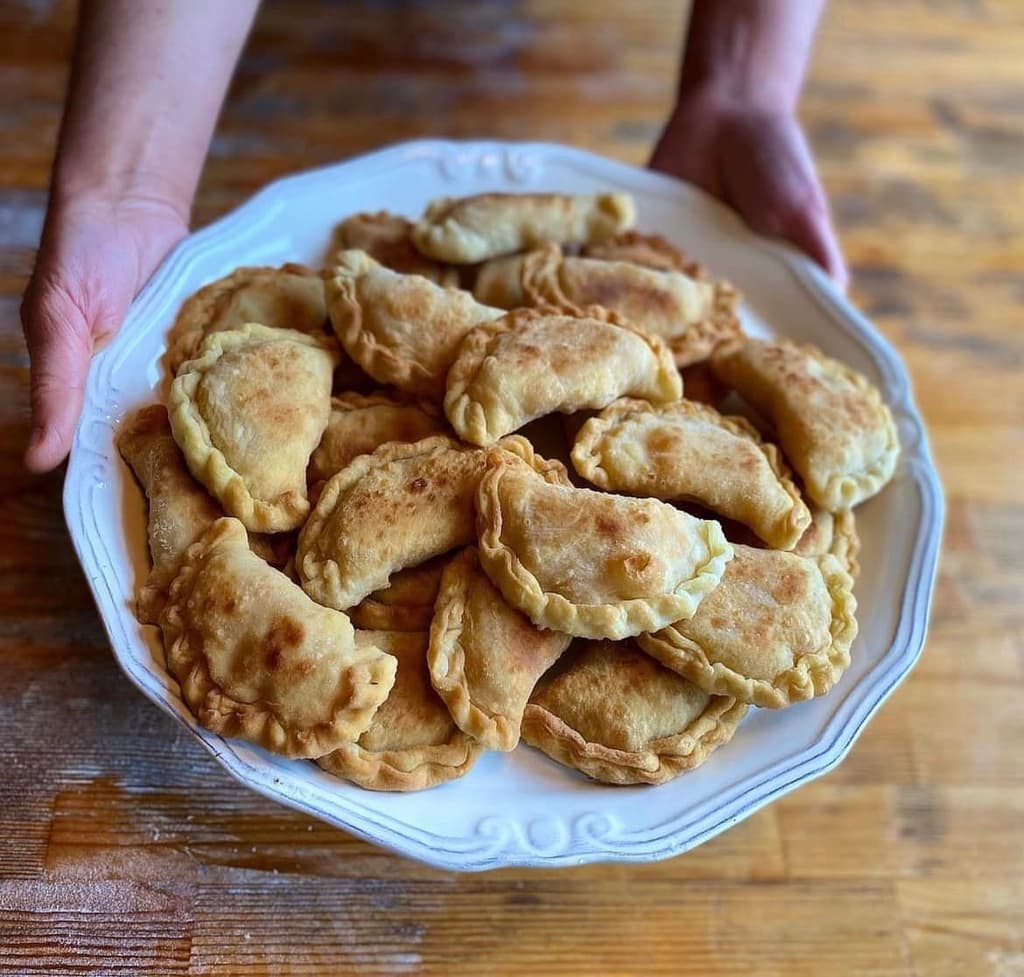
Pumpkin-Filled Pitarakia

Biza or Manarolia Stew with Eggplants
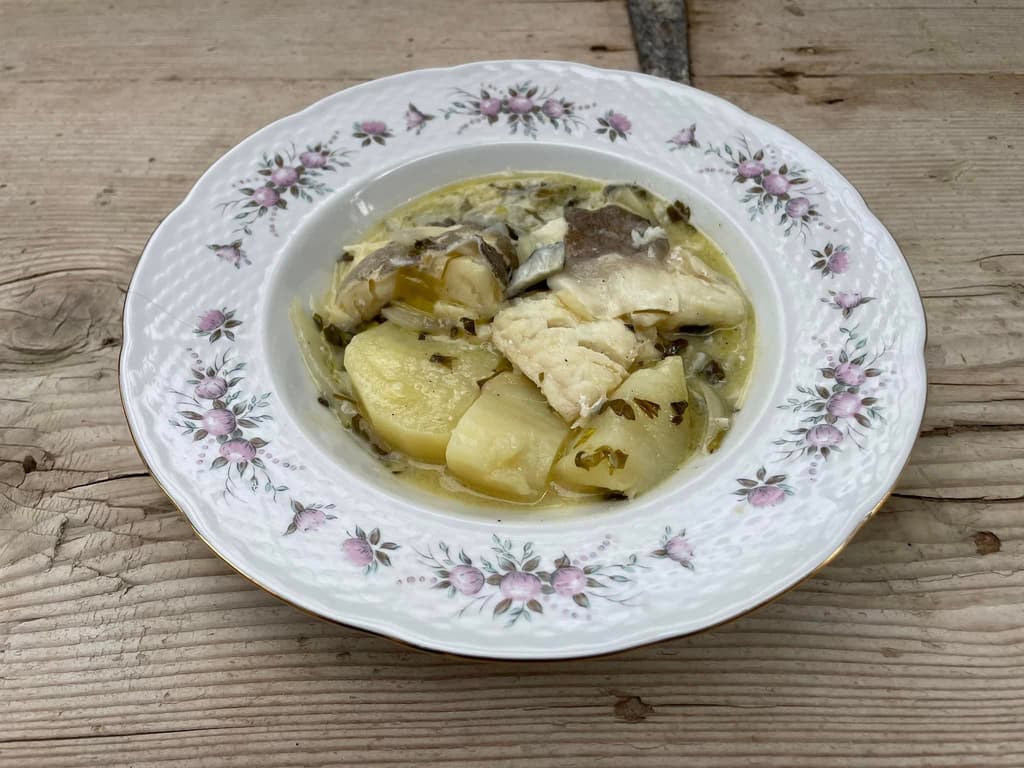
Salted Cod with Bitter Orange Sauce

Sountrimades

Ryzogalo

